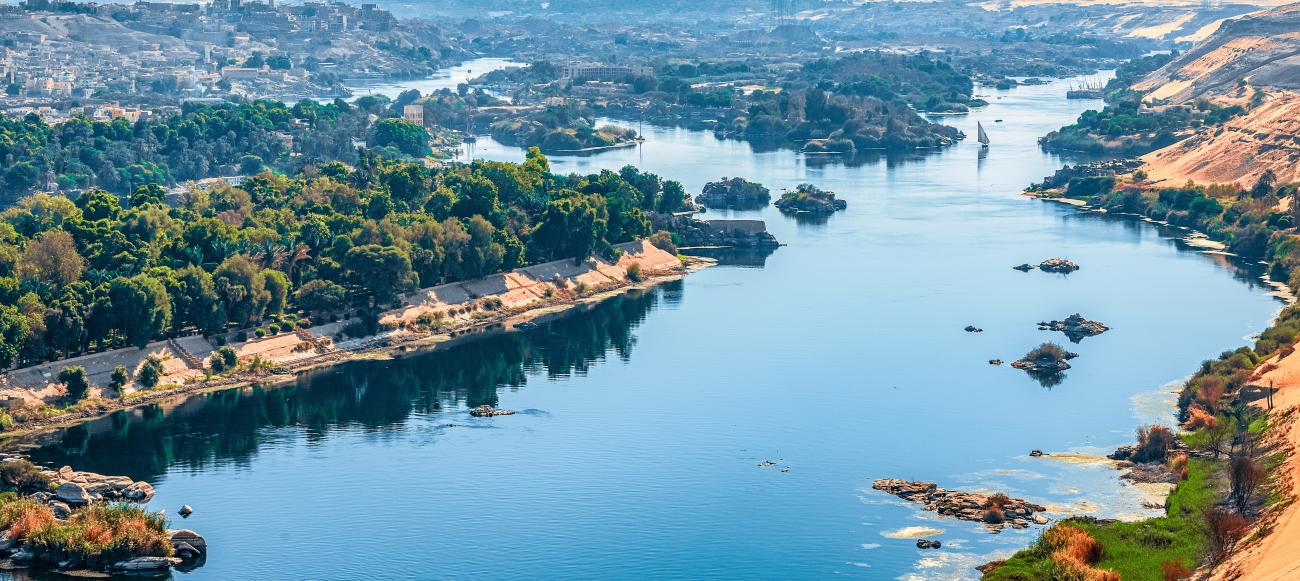A researcher at the Environmental Change Institute (ECI) has endorsed a study which demonstrates how regional energy trade impacts the management of water infrastructure and introduces new opportunities to solve water conflicts.
The study, led by the University of Manchester, focused on the Grand Ethiopian Renaissance Dam (GERD) with conflict on the resource gaining the attention of the world.
The demand for energy, water and food in Africa continues to increase, resulting in growing pressure on contentious multisector resource systems like the River Nile. In their paper: Energy trade tempers Nile water conflict, the authors show how incremental increases in electricity trade between Ethiopia and neighbouring Nile nations not only supports Ethiopia’s financial interests but can also reduce water deficits in Sudan and Egypt, increase downstream hydropower production, reduce Sudan’s energy demand curtailments, and reduce regional CO2 emissions.

Dr Kevin Wheeler, Senior Research Fellow at the ECI says increased trading of power from the GERD incentivises water to remain in the Nile and helps to meet downstream needs. Writing in Nature Water, Dr Wheeler, said:
Geopolitical tensions over scarce water resources can be addressed by looking beyond allocated volumes and focusing on the benefits that water provides. In the Nile River Basin, effectively all water is used by the two downstream countries of Sudan and Egypt.
Pressure from many of the other nine upstream countries along the Nile is mounting, driven by growing populations and the drive for economic growth. Despite a grim outlook, a close look at the development opportunities reveals that Nile water management need not be considered a zero-sum game, with hydropower playing a key role, but only for those willing and able to benefit.”
The original study highlights the regional benefits of trading power, which include; revenue generation for Ethiopia; reduced water deficits in Sudan and Egypt; increased efficiency of downstream power generation; reduced power curtailments in Sudan and reduced CO2 emissions.
Dr Wheeler highlights the challenges to increasing trade, include: the need for Ethiopia to identify willing buyers and establish Power Purchase Agreements (PPAs), expansion of regional transmission infrastructure and the guarantee of the integrity of this infrastructure despite ongoing armed conflicts, particularly regarding the civil war in Sudan.
Read Dr Wheeler’s full report: Energy trade is the future of water management for the Nile

